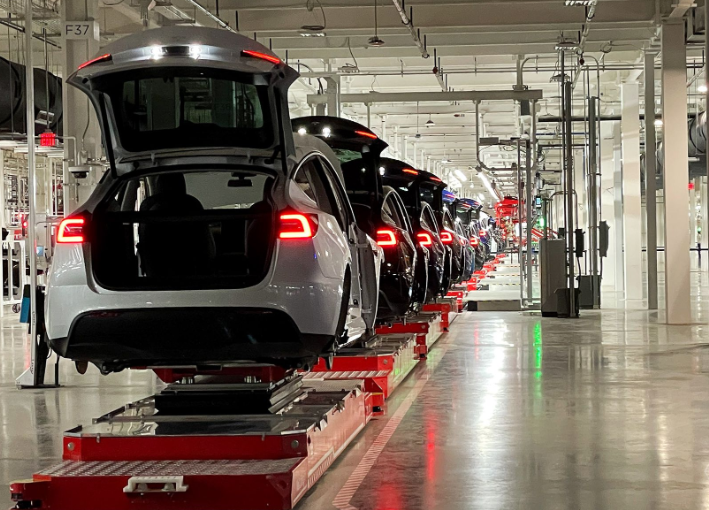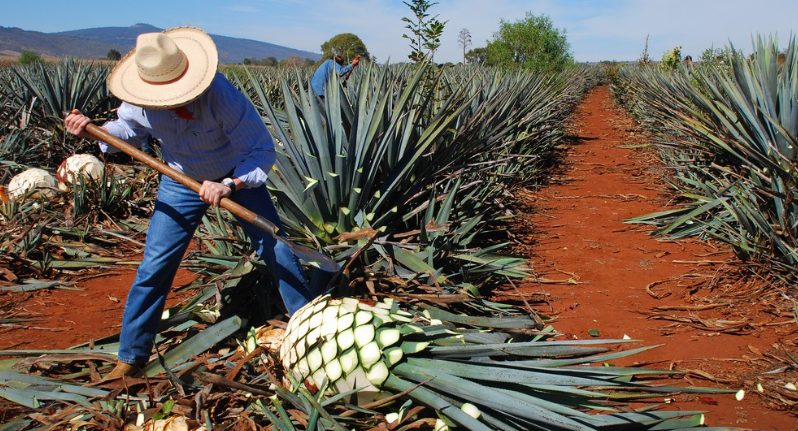Tesla Inc. is set to announce the start of a new electric vehicle plant in Mexico next week. While the details of Tesla’s Mexican facility have yet to be released, many experts believe that accessing Mexico’s vast lithium reserves will be crucial for the success of this project. Let’s take a closer look at why lithium is so important and how it will drive Tesla’s venture into Mexico.
Mexico’s president saw a positive future from the nationalizing the country’s lithium reserves
After Mexican President Andrés Manuel López Obrador announced that he would be nationalizing the country’s lithium reserves, it caused quite a stir in the international community and in Mexico, with many economists debating the merits of such a decision. Today we can all agree that nationalizing is having a positive effect on Mexico in terms of Economic potential. But why did he nationalize the country’s lithium reserves? The Mexican President wanted high-value goods that use Lithium to be produced in Mexico instead of shipping out the raw material to other countries and have little to show for it.
Today, Lithium is one of the most important elements when it comes to producing batteries for electric vehicles. It is also a relatively rare element, which has led to its high cost and limited availability. That said, Mexico is one of the few countries in the world with large reserves of lithium, making it an ideal location for companies like Tesla looking to manufacture electric vehicles on a mass scale. With companies like Tesla moving to Mexico, it is clear that the Mexican President AMLO’s decision to nationalizing the country’s lithium reserves was a tremendous economic power play move for the country.
The Benefits of Moving to Countries with large Lithium reserves such as Mexico.
Having access to large supplies of lithium will give Tesla an advantage over its competitors when it comes to producing electric vehicles at competitive prices. Additionally, since lithium can be recycled and reused in batteries, Tesla can reduce its costs even further by also using recycled materials from (Mexico) in their production process. This could potentially lead to lower battery production costs for Tesla as well as more efficient manufacturing processes as they move forward with their plans for their new Mexican facility.
Tesla’s Impact on Mexico
Tesla’s announcement that they plan to build an electric vehicle plant in Mexico could have major implications for both the economy and environment there. Not only would the construction and operation of such a facility bring much-needed jobs and investment into the country, but it would also help reduce air pollution levels due to decreased emissions from gasoline-powered vehicles as more people switch over to electric ones manufactured by Tesla. Furthermore, having access to large supplies of lithium could enable other companies looking to produce batteries or other related technologies in Mexico as well.
This could be a win-win for Mexico
It remains unclear what exactly Tesla has planned for their new Mexican facility next week, but one thing is certain—lithium will play an integral role in their operations there. Not only does Mexico possess large reserves of this precious element, but having access to these supplies will give Tesla an advantage when it comes time to produce their electric vehicles at competitive prices and with efficient manufacturing processes. Ultimately, this could lead not only economic growth for Mexico but environmental benefits too as people switch over from gasoline-powered cars powered by batteries produced in-country with materials from local sources like those found here in Mexico

